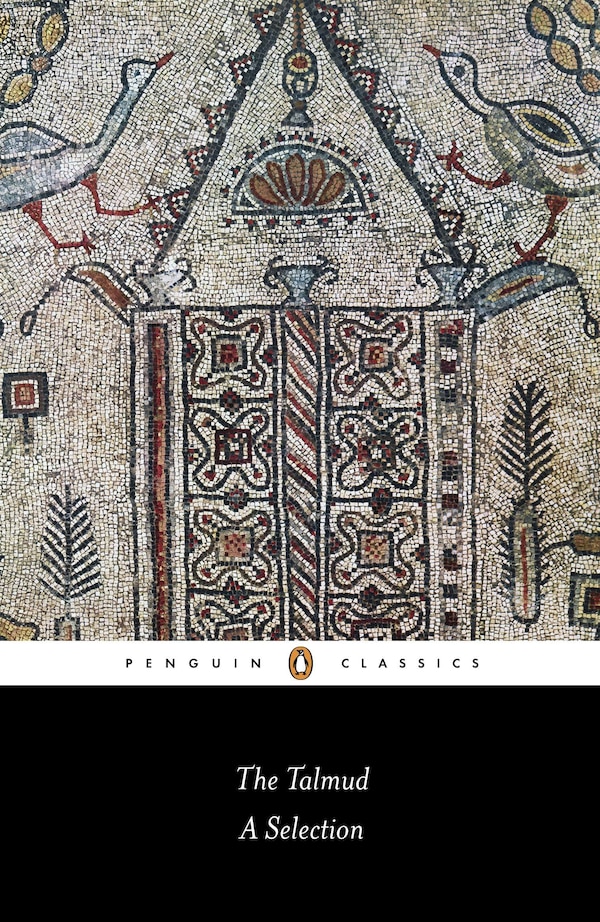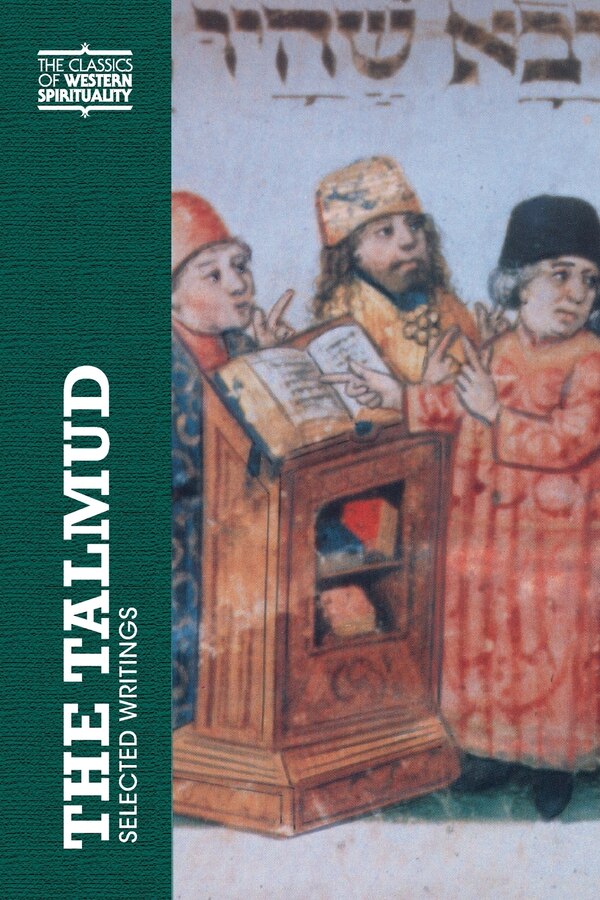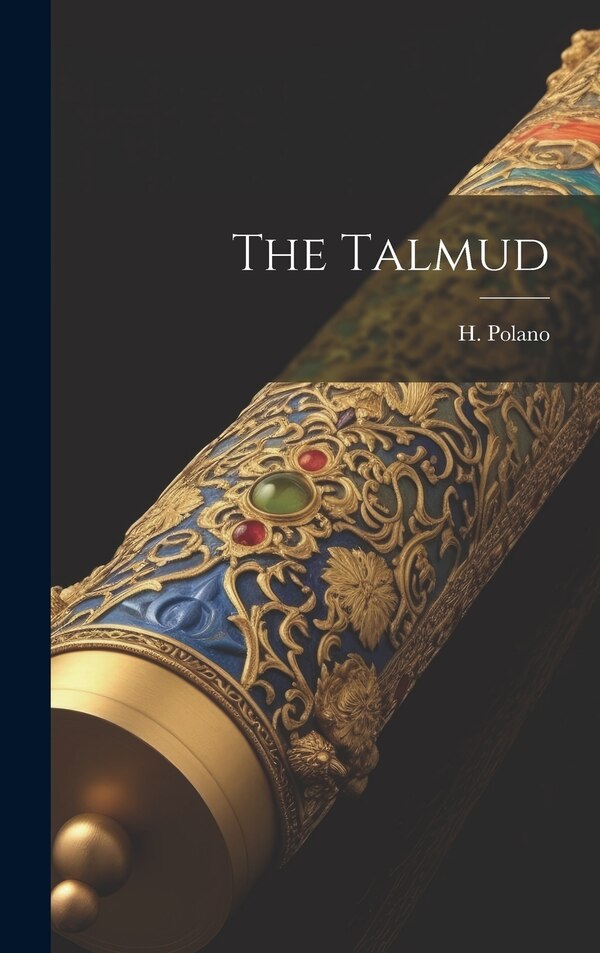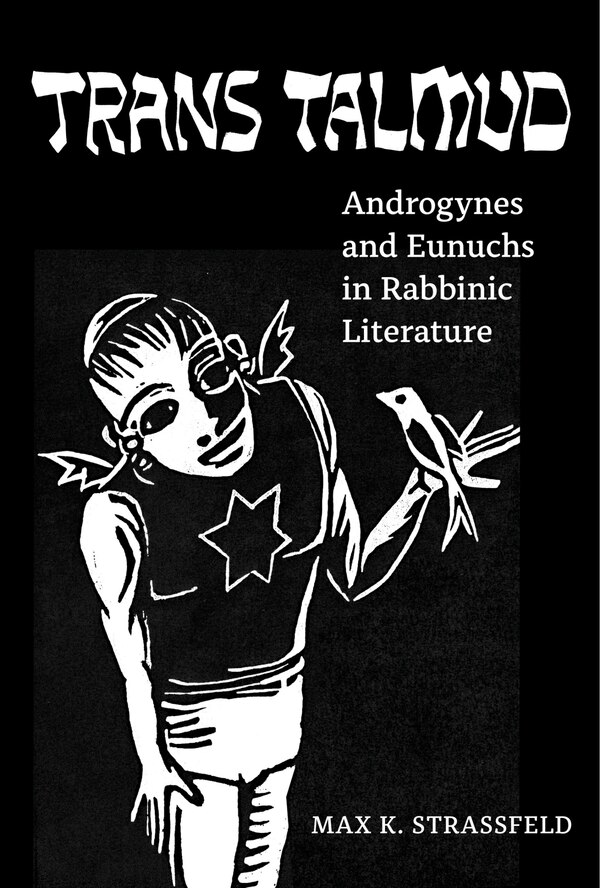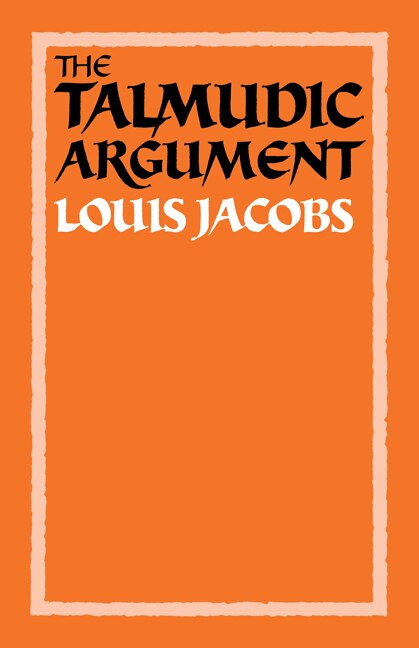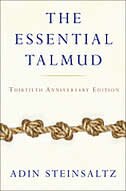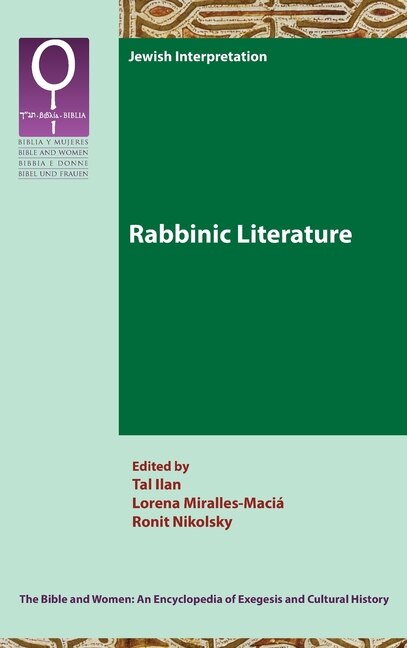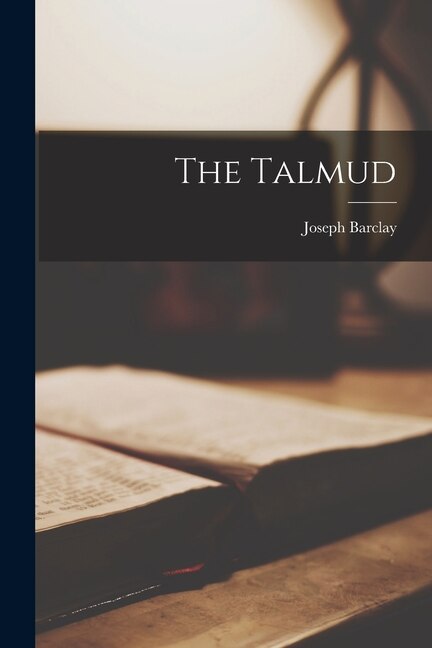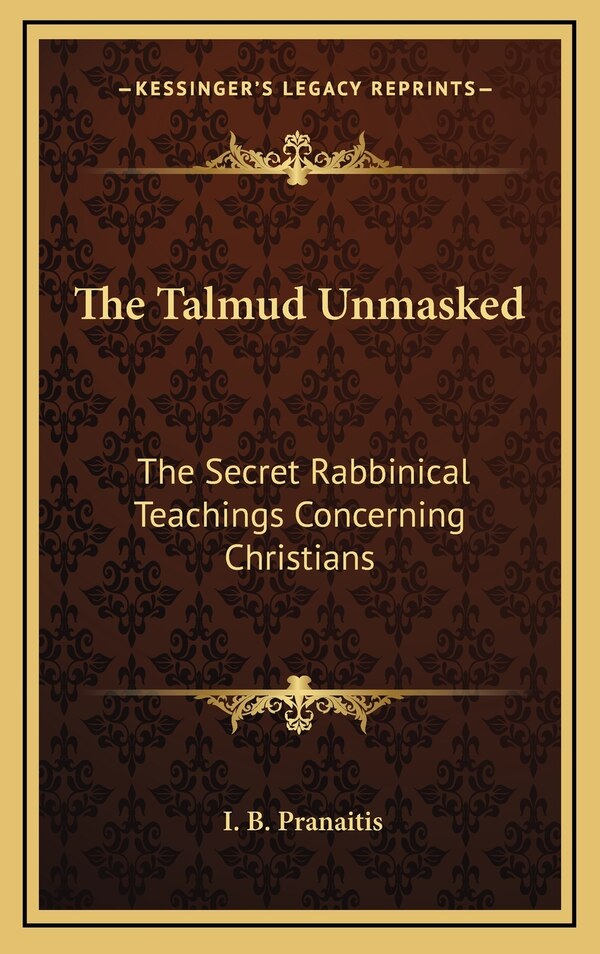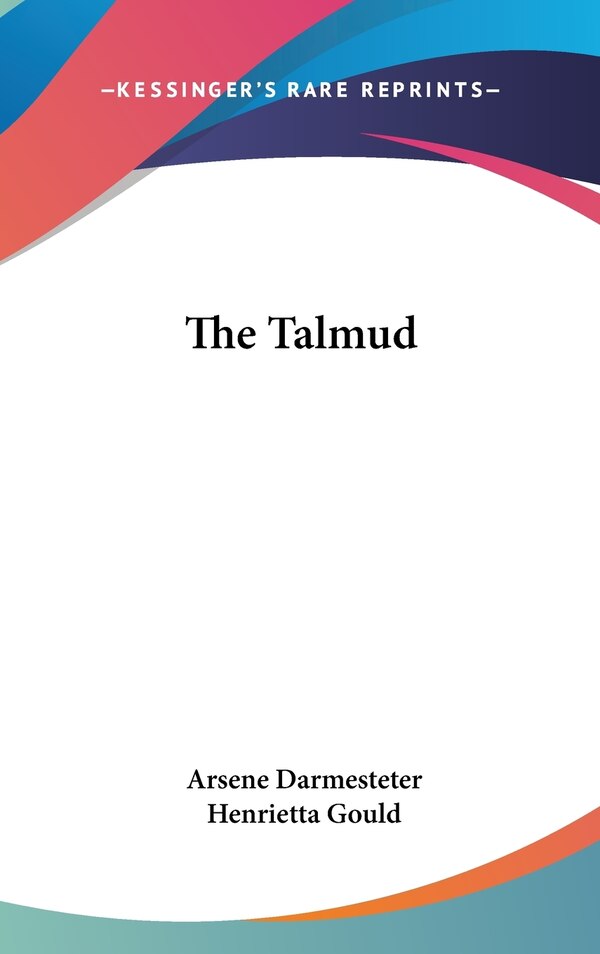
Compare The Talmud's Red Fence by Shai Secunda, Hardcover | Indigo Chapters
Shai Secunda
$106.79
The Talmud's Red Fence explores how rituals and beliefs concerning menstruation in the Babylonian Talmud and neighboring Sasanian religious texts were animated by difference and differentiation. It argues that the practice and development of menstrual rituals in Babylonian Judaism was aproduct of the religious terrain of the Sasanian Empire, where groups like Syriac Christians, Mandaeans, Zoroastrians, and Jews defined themselves in part based on how they approached menstrual impurity. It demonstrates that menstruation was highly charged in Babylonian Judaism and SasanianZoroastrian, where menstrual discharge was conceived of as highly productive female seed yet at the same time as stemming from either primordial sin (Eve eating from the tree) or evil (Ahrimen's kiss). It argues that competition between rabbis and Zoroastrians concerning menstrual purity putpressure on the Talmudic system, for instance in the unusual development of an expert diagnostic system of discharges. It shows how Babylonian rabbis seriously considered removing women from the home during the menstrual period, as Mandaeans and Zoroastrians did, yet in the end deemed thispossibility too "heretical." Finally, it examines three cases of Babylonian Jewish women initiating menstrual practices that carved out autonomous female space. One of these, the extension of menstrual impurity beyond the biblically mandated seven days, is paralleled in both Zoroastrian MiddlePersian and Mandaic texts. Ultimately, Talmudic menstrual purity is shown to be driven by difference in its binary structure of pure and impure; in gendered terms; on a social axis between Jews and Sasanian non-Jewish communities; and textually in the way the Palestinian and Babylonian Talmuds tookshape in late antiquity. | The Talmud's Red Fence by Shai Secunda, Hardcover | Indigo Chapters


